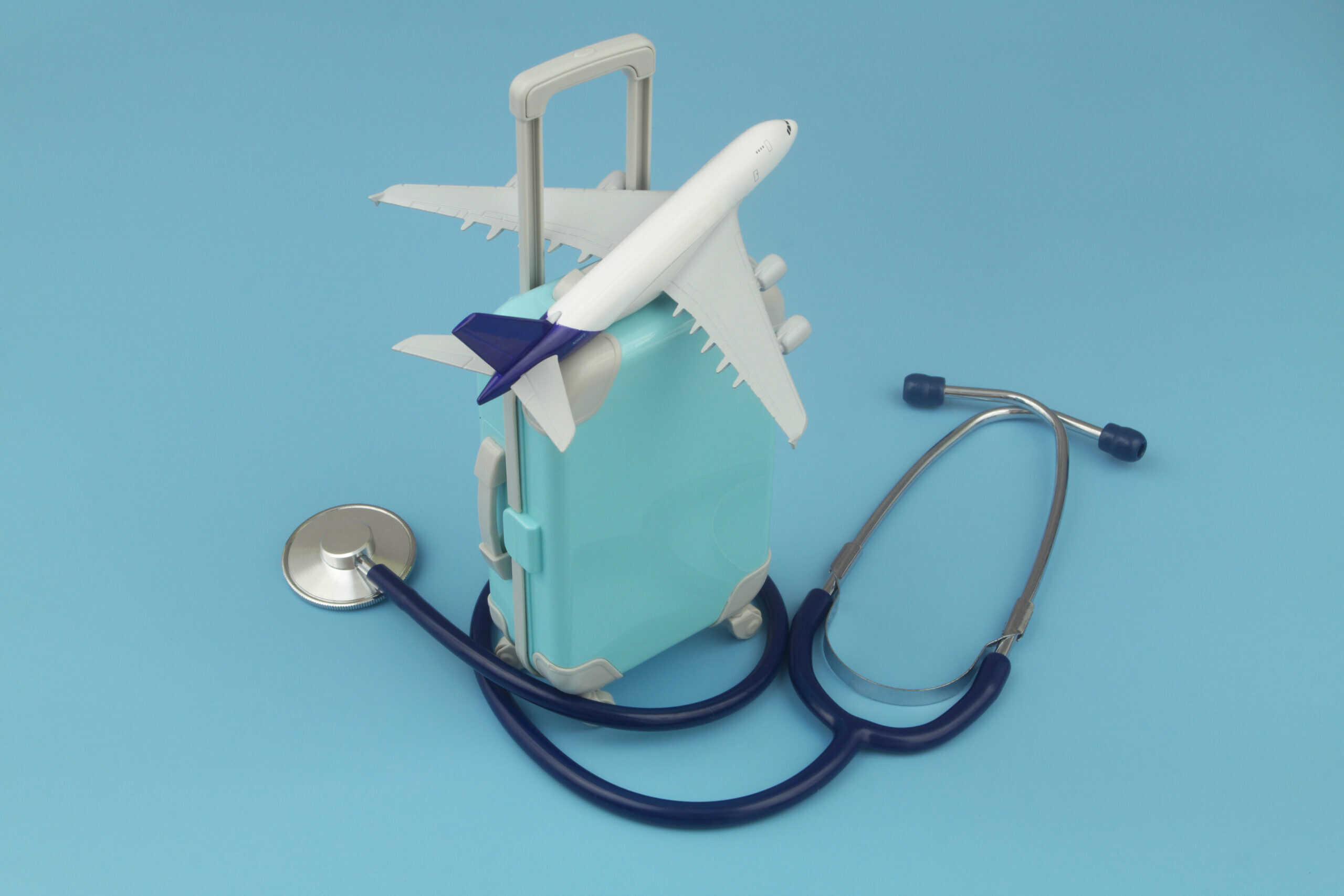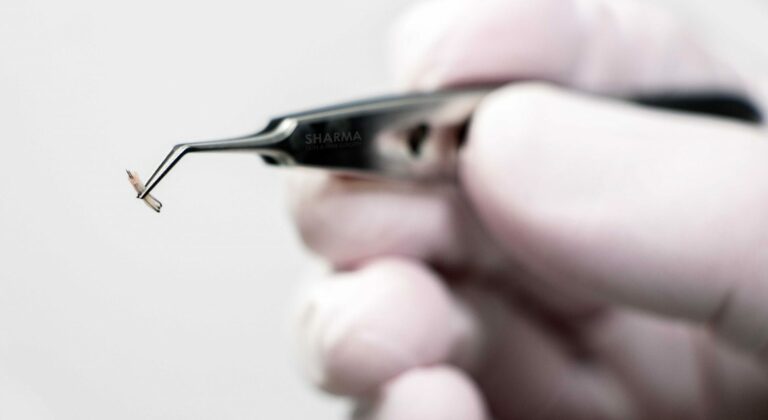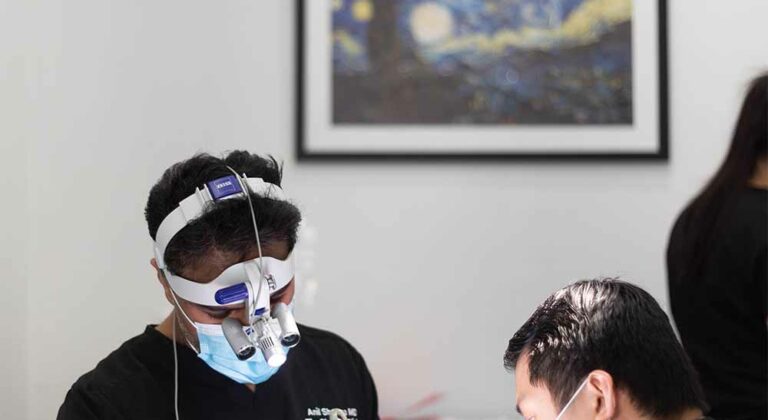In recent years, Turkey has emerged as a global hotspot for hair transplant procedures. The Turkish Healthcare Travel Council reports that over 1 million people travel to Turkey annually for hair restoration treatments, contributing more than $2 billion to the country’s medical tourism industry. This staggering number represents nearly 60% of the global hair transplant tourism market.
Turkey’s popularity as a hair transplant destination stems from a combination of factors: significantly lower costs compared to Western countries, a high concentration of specialized clinics, and a booming medical tourism infrastructure. Many clinics offer all-inclusive packages that bundle the procedure with accommodation and transportation, making it an attractive option for international patients.
However, as with any medical procedure, especially one performed abroad, it’s crucial to weigh the potential risks and benefits against the cost savings. This article aims to provide a comprehensive analysis of hair transplant costs in Turkey, assess the associated risks, and help you make an informed decision about whether the lower prices justify the potential drawbacks.
Understanding Turkish hair transplant costs
To truly grasp the appeal of Turkish hair transplants, it’s essential to compare costs across different countries.
| Country | Average Cost |
| Turkey | $2,000 to $4,000 |
| USA | $10,000 to $15,000 |
| Canada | $8,000 to $12,000 |
| UK | $6,000 to $10,000 |
While Turkey offers procedures ranging from $2,000 to $4,000, on average USA typically charges $10,000 to $15,000, Canada $8,000 to $12,000, and the UK $6,000 to $10,000.
These prices typically cover the surgeon’s fee, clinic facility costs, anesthesia, medications, and post-operative care. Many Turkish clinics offer all-inclusive packages, which may include the hair transplant procedure, hotel accommodation, airport transfers, translator services, and post-operative care products.
While these packages seem comprehensive, be aware of potential hidden costs such as additional treatments not included in the initial quote, extended stay costs if complications arise, follow-up treatments or corrective procedures, travel insurance, and visa fees.
Are hair transplants in Turkey safe?
While many patients have successful outcomes, there are several safety considerations to keep in mind. Turkey has over 350 hair transplant clinics, but not all adhere to international standards. The rapid growth of the industry has led to concerns about quality control and regulatory oversight.
Verifying the credentials and experience of surgeons and whether a doctor will be involved can be challenging. Some clinics may employ technicians rather than qualified surgeons to perform parts of the procedure. Given the economics of high-volume surgery with low costs, this is often the only way to maintain profitability. Consequently, doctors may only be involved in the consultation, leaving all surgical work to non-medical staff.
Post-operative complications can occur, and follow-up care once you return home may be limited. Common risks include infection, scarring, and unsatisfactory results. Language barriers can also lead to misunderstandings about the procedure, expectations, and aftercare instructions.
It’s important to remember that while cost is a consideration, the primary goal of cosmetic surgery is to improve aesthetic outcomes. The results of this surgery are often permanent, and we are only born with one set of donor grafts to improve density in areas where we need more hair. Prioritizing cost savings over quality can lead to suboptimal results and, most importantly, deplete donor grafts needed for any restorative work.
Making an informed decision
If you’re considering a hair transplant in Turkey, thorough research is essential. It’s strongly advised that you:
- Look for board certifications and memberships in international hair restoration societies.
- Read patient reviews and testimonials, but be aware that some may be fabricated.
- Request before-and-after photos of previous patients.
- Have virtual consultations with multiple clinics to compare their approaches and recommendations.
In our experience, a hands-on examination can never be replaced. It’s critical to examine the scalp, assess the laxity of the donor area, and potentially scan the scalp to provide a data-centered approach to surgery.
Consult with a local dermatologist or hair transplant surgeon to determine if you’re a suitable candidate for a hair transplant. Discuss the best transplant technique for your specific case and consider how you’ll manage follow-up care and potential complications once you return home.
While the cost savings of hair transplants in Turkey can be tempting, it’s crucial to prioritize your health and safety. The risks associated with overseas procedures, potential language barriers, and limited follow-up care are significant factors to consider.
BOOK NOW
Talk to a Hair Transplant Expert
Are you looking for the most effective treatment plan to reverse the effects of hair loss? Dr. Sharma has a long-lasting commitment to offering the best services in the industry. Not only is he experienced with hair loss treatment, but he is passionate about helping each patient receive excellent results.

SOURCES
- Farjo, N., & Farjo, B. (2020). Hair transplantation: The state of the art. F1000Research, 9, 1630.
- https://ishrs.org/wp-content/uploads/2022/11/Report-2022-ISHRS-Practice-Census.pdf
- Kumaresan, M., & Mysore, V. (2021). Hair transplantation in the era of follicular unit extraction: A comprehensive review. Journal of Cutaneous and Aesthetic Surgery, 14(3), 241-254.
- Ozturk, P., & Kusku, E. (2019). Medical tourism in Turkey: A legal perspective. Medicine, Science and the Law, 59(4), 225-232.
- Popescu, C. (2018). Hair restoration in Turkey: Is it worth the risk? International Society of Hair Restoration Surgery, 28(3), 93-95.
- https://pubmed.ncbi.nlm.nih.gov/24267426/
- Turkish Healthcare Travel Council. (2023). Hair Transplantation in Turkey: Annual Report 2022.
- Unger, W., & Unger, R. (2018). Hair Transplantation (6th ed.). CRC Press.
- https://www.who.int/news-room/fact-sheets/detail/patient-safety
- http://www.ncbi.nlm.nih.gov/books/NBK547740/
Share this:
Medically reviewed by
Updated on
Have a question?
Find out how we can help you look feel your absolute best
Contact us 780-476-7970


